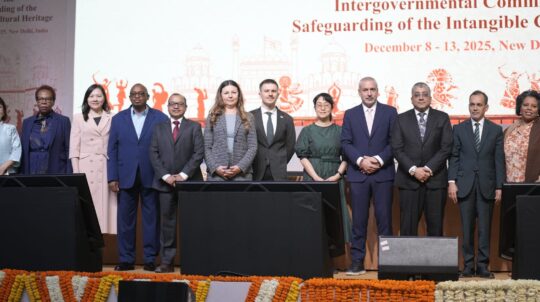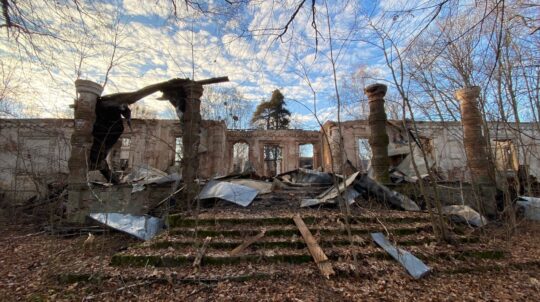The Minister of Culture and Strategic Communications of Ukraine, Mykola Tochytskyi, and the Head of the Odesa Regional Military Administration, Oleh Kiper, held a meeting in Odesa with the Federal Government Commissioner for Culture and Media of Germany, State Minister Claudia Roth, who is on a visit to Ukraine.
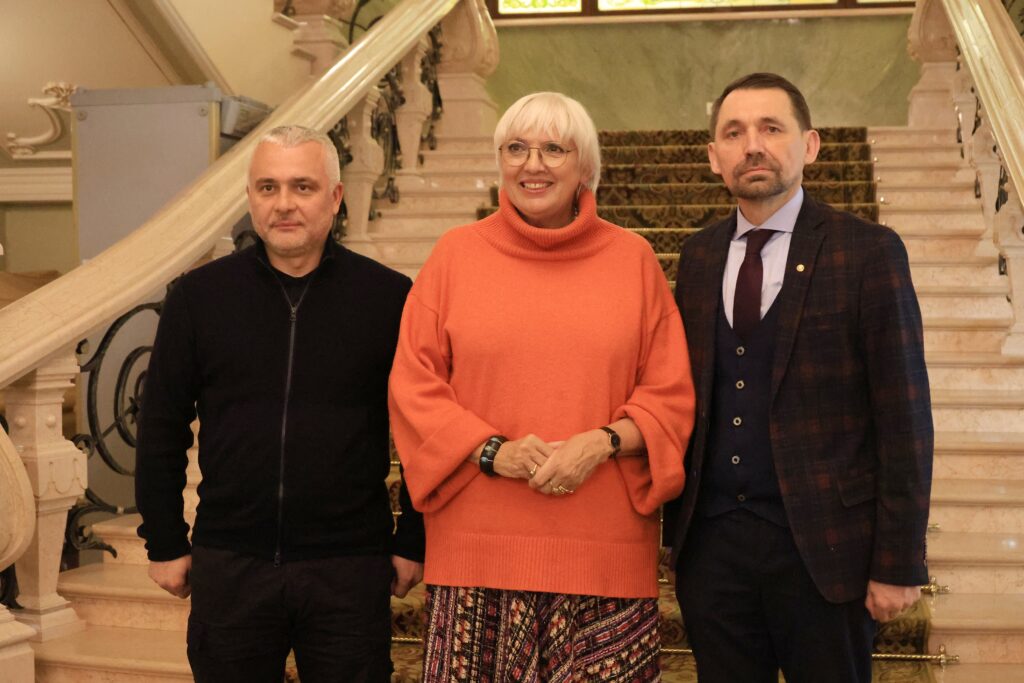
The parties discussed cooperation between the two countries in the sphere of preservation of Ukraine’s identity and protection of cultural heritage, which has been deliberately targeted by the enemy since 2014. They also addressed issues of strategic communications, particularly the challenges and threats posed by russia’s information warfare.
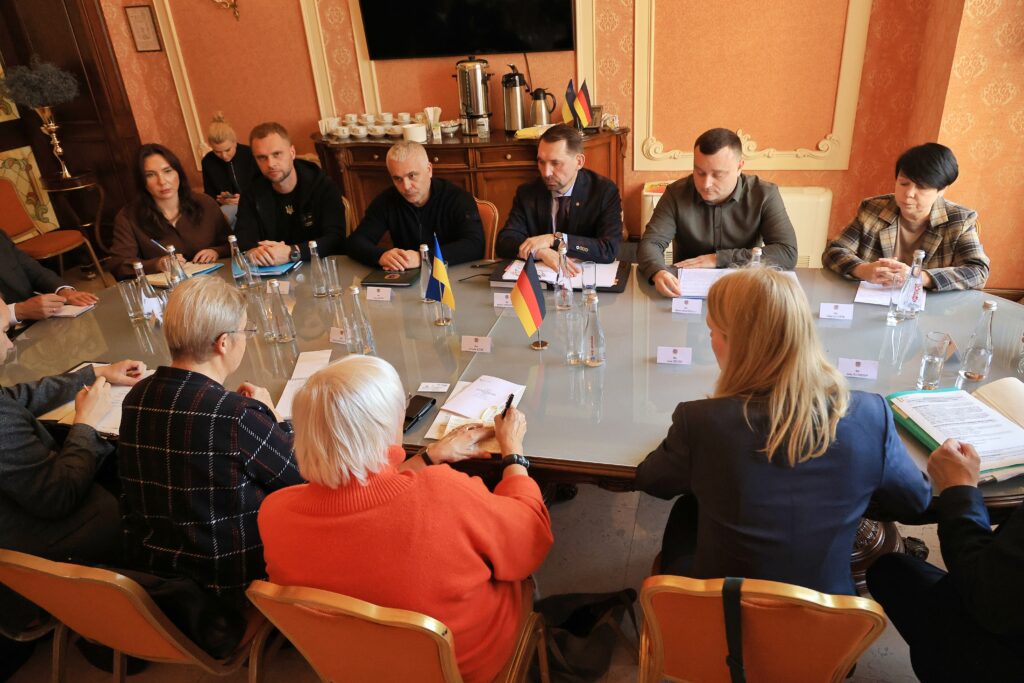
Mykola Tochytskyi expressed his gratitude to Claudia Roth for her support to the Ukrainian people’s fight for independence. He also invited the German side to participate in developing a coordination mechanism for international efforts to restore Ukraine’s cultural heritage – a priority that needs to be highlighted at upcoming international forums on Ukraine’s recovery.
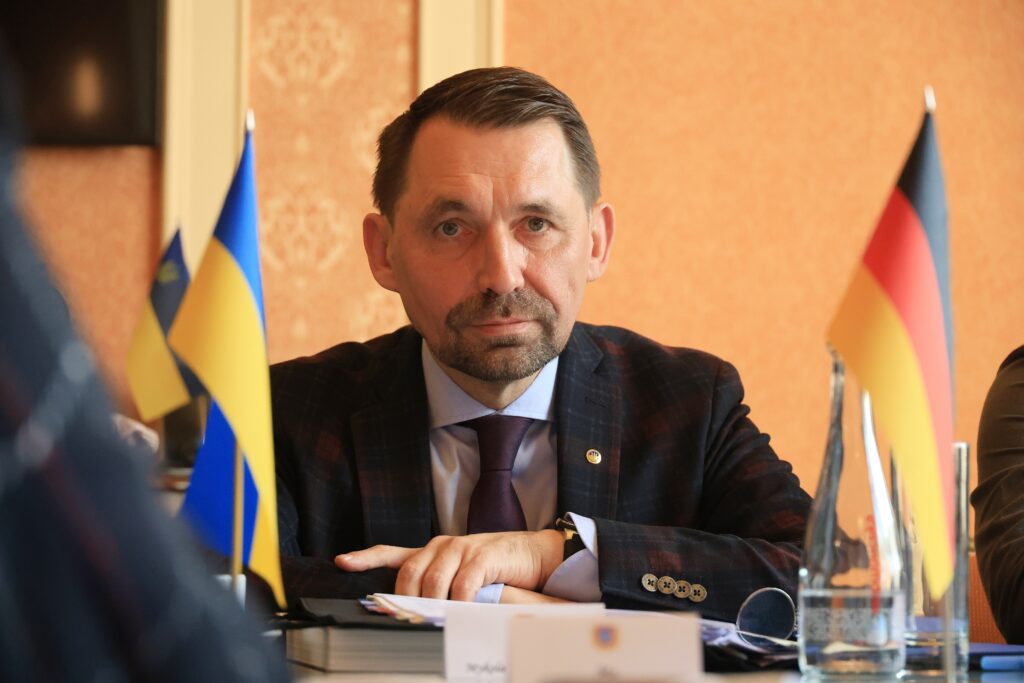
“We are sincerely grateful to Germany for its significant contribution to protecting Ukraine’s cultural heritage amidst russia’s ongoing attempts to destroy it. This is a decisive moment, and we need bold actions. Recently, President Volodymyr Zelenskyy unveiled the Victory Plan, with an invitation to join NATO as a key component. Such a move would send a powerful message, forcing russia to engage in genuine peace negotiations. Additionally, we are working to establish a cultural-humanitarian coalition aimed at improving coordination of international efforts to strengthen the resilience of Ukraine’s cultural sector. The progress achieved in Vilnius, Berlin, and Naples should guide the recovery strategy at the upcoming conference in Rome in the summer of 2025“, emphasized Mykola Tochytskyi.
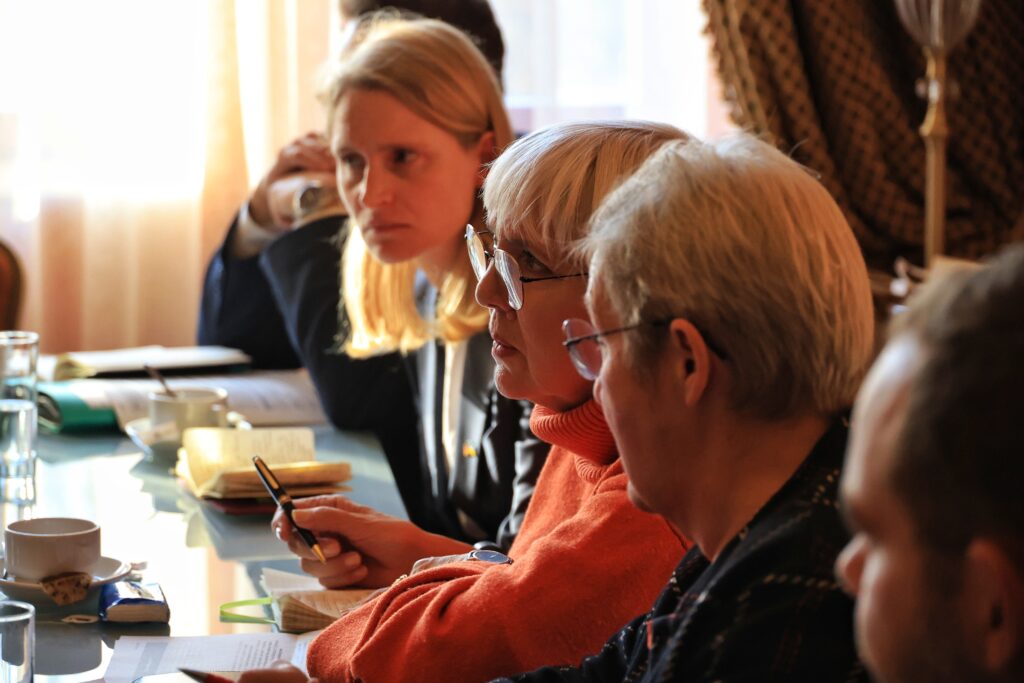
For her part, Claudia Roth emphasized: “The fact that russia is killing Ukrainian artists, destroying and vandalizing cultural institutions, and looting cultural heritage objects is a horrific crime. Our shared European cultural heritage is under threat. This is clearly evident here in Odesa”. She added that protecting Ukrainian identity is not only a task for Ukraine itself but also a responsibility for Europe.
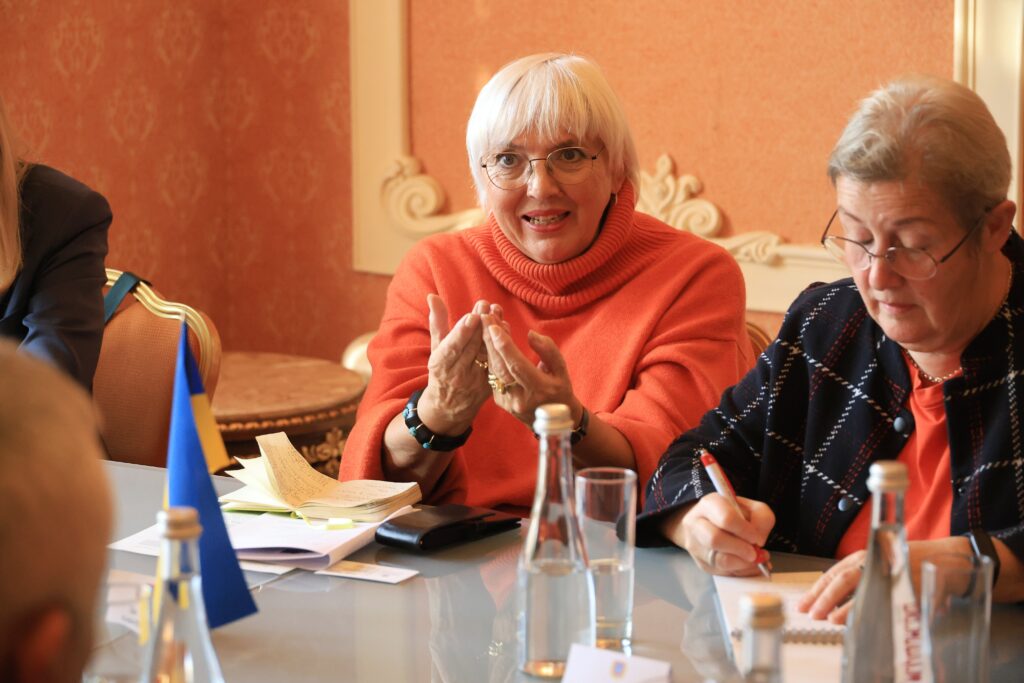
“I am deeply impressed by the resilience of Odesa’s cultural workers, who continue their efforts despite constant russian attacks, uplifting the community and inspiring hope through their work. It is clear that this is russia’s war, aimed at destroying Ukrainian culture and identity. We will continue to support Ukraine in its efforts to preserve and protect its culture, for which Europe bears great responsibility. This is what we will work on with our European colleagues and the new European Commission. Additionally, we want to make the already multifaceted Ukrainian culture even more visible and heard in Germany. Our joint exhibition with the Odesa Museum of Western and Eastern Art, set to open in January in Berlin, is aimed at this. German-Ukrainian friendship and partnership are key to the Federal Government,” emphasized Claudia Roth.
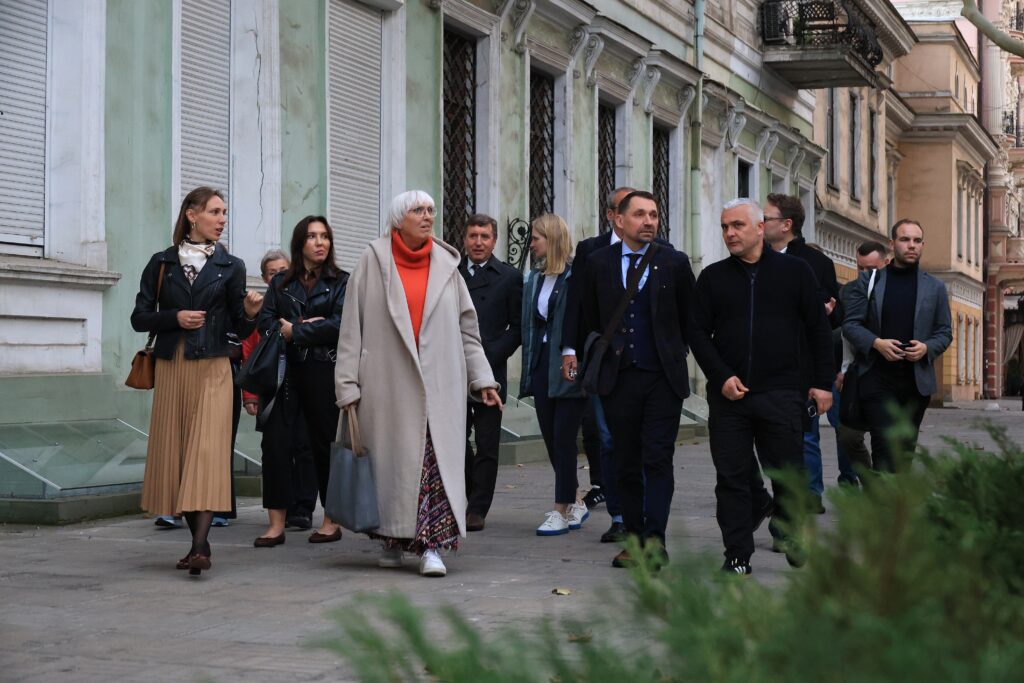
In addition, the parties discussed measures to protect the Historic Center of Odesa, which is listed as the UNESCO World Heritage Site in Danger.
They also addressed the issue of combating the illicit transfer of Ukrainian cultural artifacts. The Ukrainian delegation expressed interest in the return of artifacts, including icons and “Roman silver”, which were taken by the enemy. Mykola Tochytskyi proposed forming a dedicated working group to accelerate negotiations for the return of these artifacts in accordance with the UNESCO Convention.
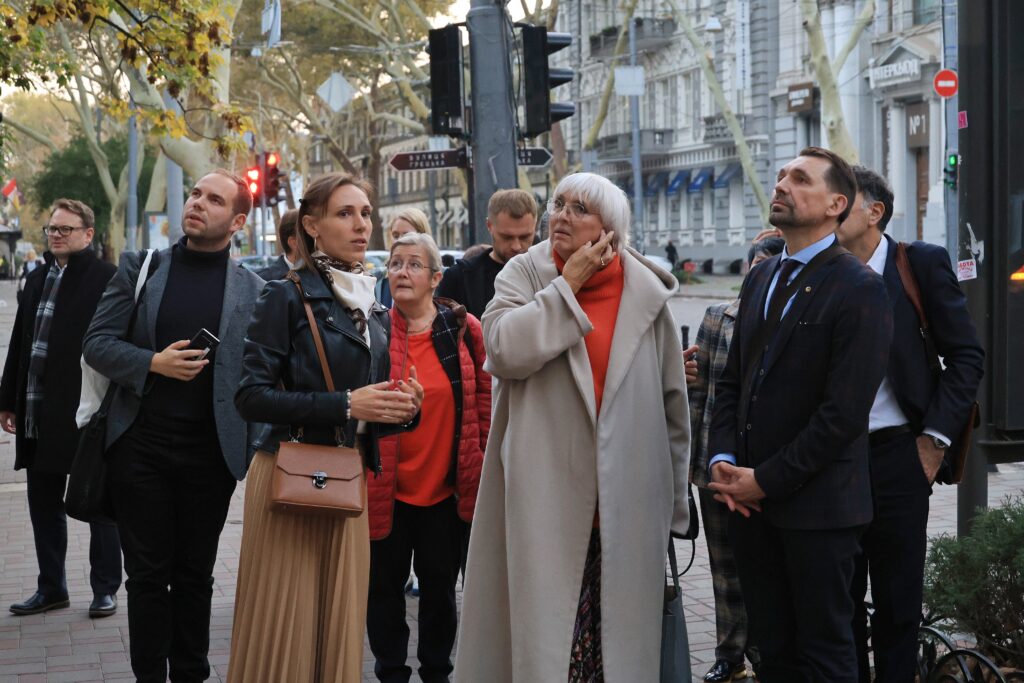
At the end of the meeting, the Minister highlighted the importance of the Security Cooperation Agreement between Ukraine and Germany and invited the German partners to collaborate in the areas of strategic communications and countering disinformation.
Since the beginning of the full-scale invasion, it is worth noting that over 1.7 million museum artifacts remain in occupied territories. Across Ukraine, 2,093 cultural institutions have suffered damage, and 1,169 cultural heritage sites have been impacted—including 116 sites and 26 cultural infrastructure facilities in the Odesa region.
